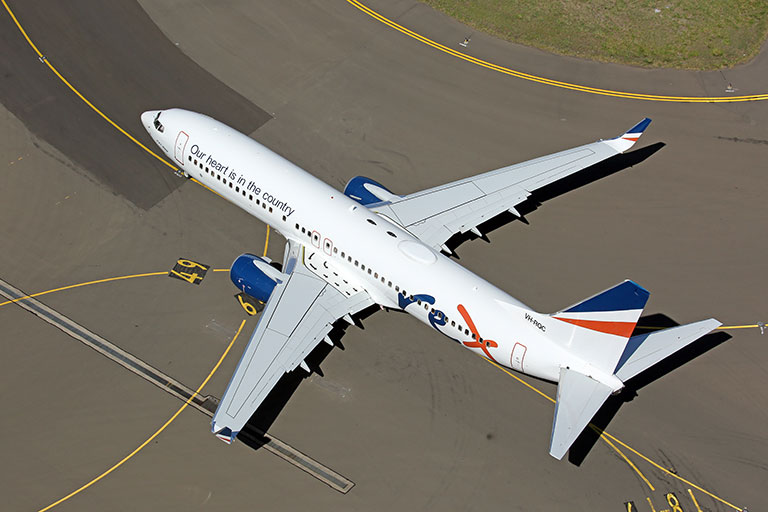The airline is now expecting an operational loss of around $35 million for the 12-month period to June 2023.
Rex has attributed the loss to a shortage of pilots and engineers, supply chain issues following the end of pandemic lockdowns and even reduced business travel in May and June due to “exponential increases” in international airfares depleting corporate travel budgets.
Rex says it has been forced to reduce its flight schedules over the last couple of months due to the pilot and engineer shortage.
Putting out its half year results in at the end of February, Rex said domestic services had returned to monthly profitability in September 2022 and that it was “optimistic that the Group will have positive operating profits for the full FY23 barring any further external shocks”.
Despite yesterday’s announcement of a loss for the year, Rex noted in yesterday’s announcement that operations of its regional fleet of Saab aircraft would exceed pre-pandemic levels and would like net a before-tax profit. These propellor aircraft make up about half of the Rex fleet.
Rex has been expanding into major city routes in recent years, from a traditionally regional base.
The news of the Rex Airlines’ loss comes shortly after the Australian Competition and Consumer Commission (ACCC) released a report saying changes were needed in the aviation sector to give smaller airlines like Rex an opportunity to grow and end the Qantas-Virgin duopoly which was having a negative impact on both airfares and customer service.
Airlines like Rex and the recently launched Bonza increase travel options for business events organisers and delegates, especially for those travelling from regional Australia, and increase competition, which helps to keep airfares lower.




















